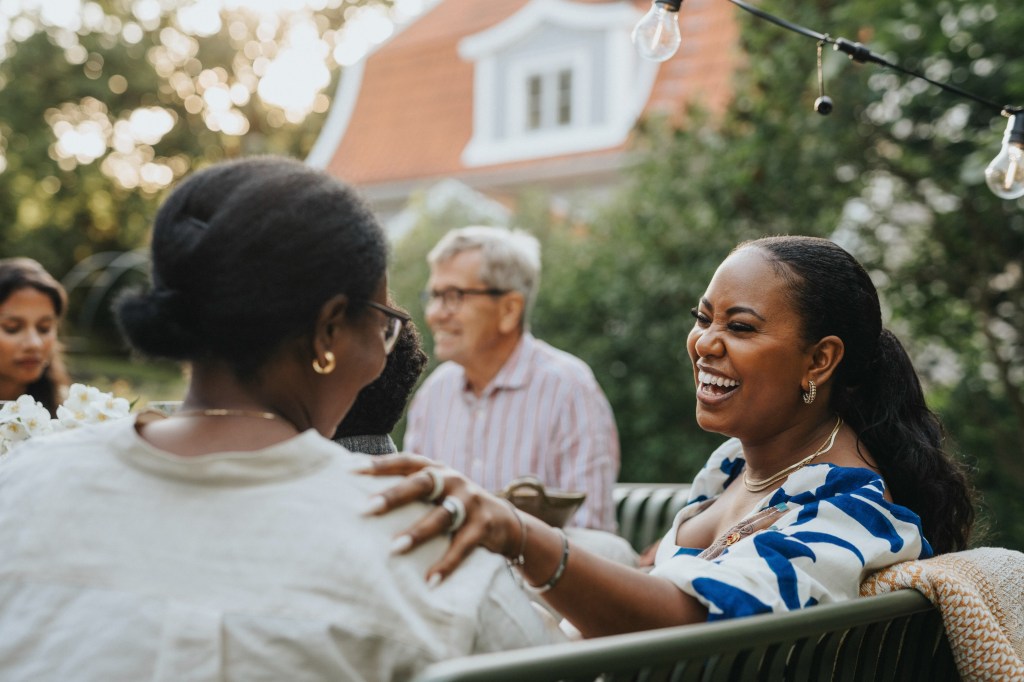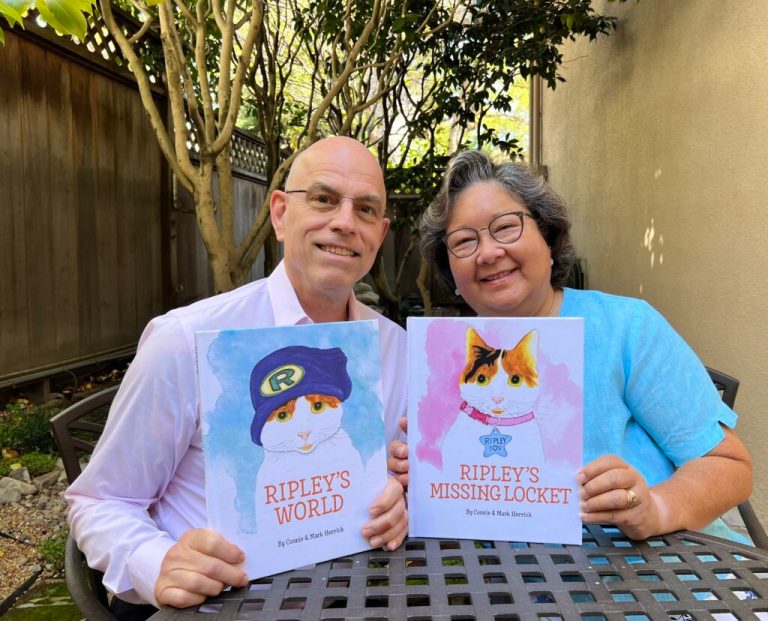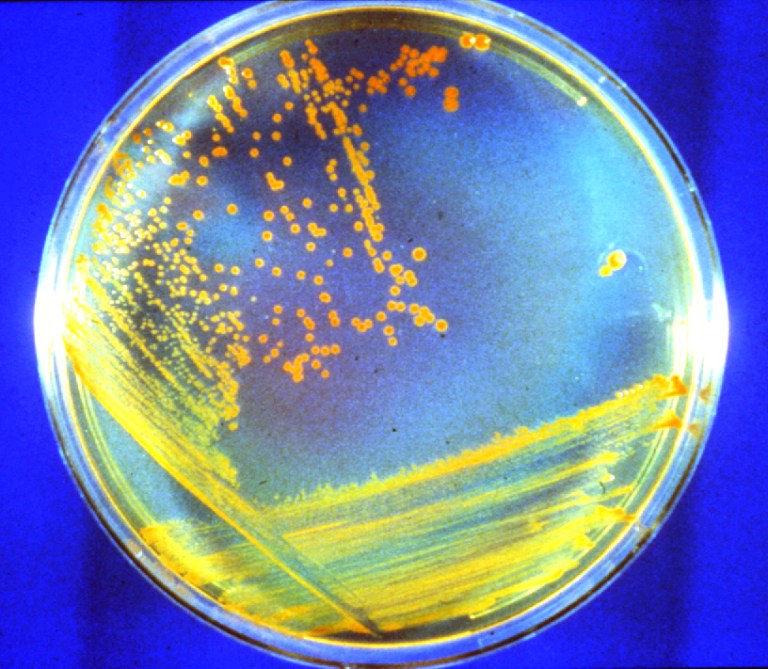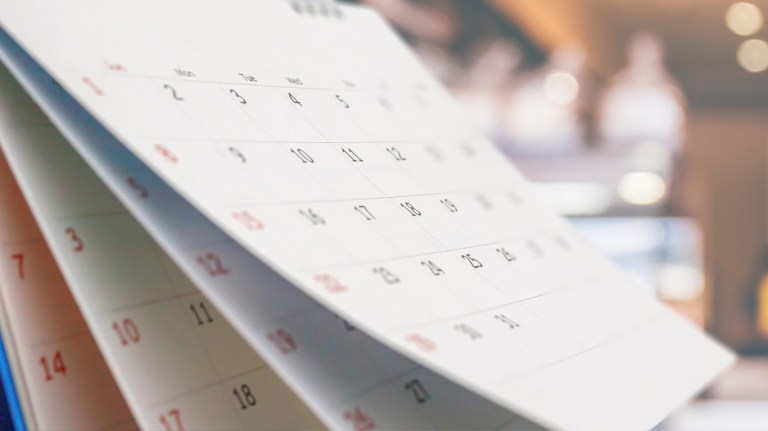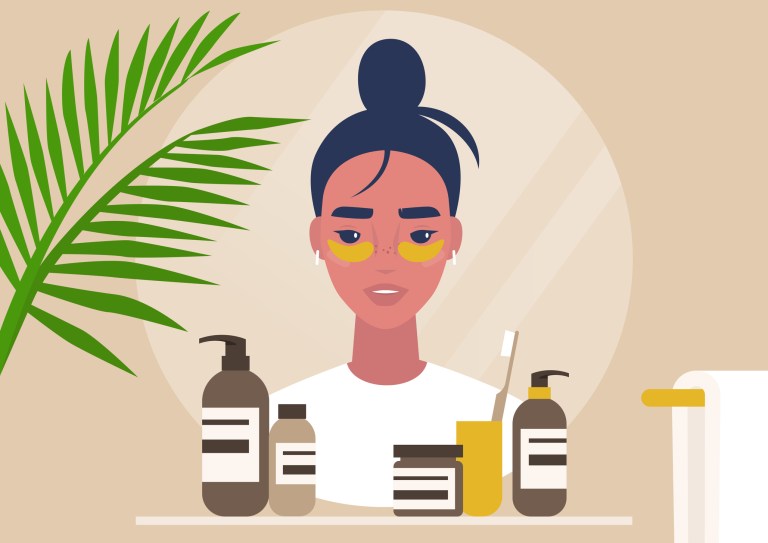We need four hugs a day for survival, eight for maintenance, and 12 for growth — at least according to a saying credited to renowned family therapist Virginia Satir. While regularly receiving a dozen daily hugs may feel excessive or improbable to some, it’s all too easy to fall on the other end of the spectrum: spending more time connecting with your devices than your fellow humans.
A hug or a pat on the back may seem fairly inconsequential, but receiving (and giving) physical touch can contribute greatly to our physical and mental well-being. “Touch is the mother of all senses; if we receive touch regularly, it helps us to grow emotionally,” internationally acclaimed massage therapist and healing expert Beata Aleksandrowicz told Nice News. “Touch is what makes us human. It is the first sense developed in [the] human embryo.”
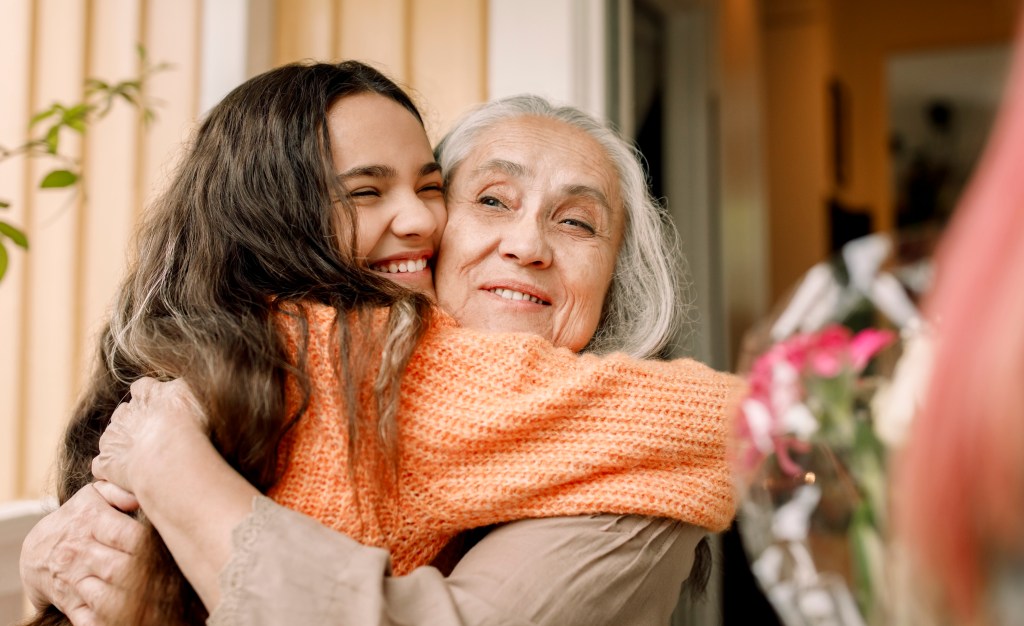
Nevertheless, the rise of technology, the COVID-19 pandemic, and other factors have whittled down our exposure to touch, she pointed out. But our craving for this type of connection hasn’t gone away: One 2019 study found that 72.7% of participants reported that their desire for touch exceeded their current touch frequency.
“Touch is fundamental to all human interaction,” Aleksandrowicz said, adding: “It gives us a sense of reality.”
But in what other ways does it impact our bodies, and how can we get more of it? Read on for Aleksandrowicz’s insights and advice.
The Benefits of Physical Touch
This sense’s effect on us literally starts before we’re born. “Even before the full development of the face, the embryo is already responsive to touch,” Aleksandrowicz said. “It is through touch that a baby learns about the outside world.”
And perhaps unsurprisingly, its importance doesn’t diminish as we grow up. Research from 2020 found that affectionate touch from caregivers to infants plays a “foundational role” in early psychosocial behavior, as well as in establishing close bonds with family and friends. A report from 2024 also discovered that touch interventions had “medium-to-large effects” on respiration, weight gain, and the stress hormone cortisol in newborns.

“Sometimes a stressor can be the failure to provide something essential, and the absence of touch is seemingly one of the most marked developmental stressors we can suffer,” neurologist Robert Sapolsky wrote in his book Why Zebras Don’t Get Ulcers.
Another study demonstrated that children struggling with mental health conditions felt less depressed and anxious after just a 30-minute back massage. “Touch is crucial in our early development, in our communication and personal relationships,” Aleksandrowicz confirmed.
And for adults, the absence of non-sexual touch (often called “skin hunger” by psychologists) may have negative effects. “Touch deprivation leads to an increase in loneliness that so often leads to depression,” Aleksandrowicz said. “Lack of touch causes personality, mood, and anxiety disorders, [as well as] secondary immunity disorders.” In some cases, it may also lead to eating disorders — a study examining participants with anorexia and bulimia found that a lack of touch may play a role in body image-related disease.
But the flip side is also true: Aleksandrowicz explained that our skin holds some 5 million touch receptors, and that vagal activity increases in our nervous system when we stimulate them, which can lead to a multitude of benefits. “When the vagal activity increases, there is a significant drop of cortisol, the ‘stress’ hormone; and an increase in oxytocin, our ‘bonding’ hormone,” she said. “There is also an increase in serotonin, which is the body’s natural antidepressant and anti-pain chemical.”
She also cited a study co-authored by Tiffany Field, director of the Touch Research Institute at the University of Miami School of Medicine, which found that massage may increase dopamine levels and natural killer cells. The latter destroy infected and diseased cells in our bodies, helping to prevent cancer and other illnesses from spreading, and are “the front lines of the immune system,” per Aleksandrowicz.
How to Stay in Touch
These are all fantastic reasons to seek out more physical touch in your life — and in today’s technology-driven world, doing so is “more important than ever,” Aleksandrowicz emphasized. “It’s a powerful, instinctive way we stay connected as human beings. We’re wired for touch; it soothes us, grounds us, and affirms that we belong. A simple hug, a gentle hand on the shoulder, or a moment of shared laughter with someone close can calm our nervous systems and remind us that we’re not alone.”
As a touch therapy researcher for over 30 years and an author on the subject, Aleksandrowicz is a clear advocate for the healing power of massage. “My clients always emphasize how strong they have become — mentally and physically — since [incorporating] regular massage into their lives,” she said. “They feel positive, healthy, much more aware of their body and posture, and more able to cope with the stresses of everyday life.”

But you can reap benefits like these in smaller ways, too. If you’re participating in a team sport, go ahead and give your teammate a hand squeeze or a pat on the back — research suggests that the tactile support could improve their performance. “My advice is to be intentional: Reach out for that embrace, sit close to your loved ones, or hold someone’s hand a little longer,” Aleksandrowicz said.
And while you’re at it, take a breather from your devices, which can replace the “intimacy of human presence,” she noted. “Turn them off during meals, look someone in the eye, really listen, and allow space for physical closeness. Try things that bring people together physically: Dance, play, cook, garden, or simply be near someone without distraction.”
Aleksandrowicz continued: “When we engage our senses and bodies in connection with others, we feel more whole, more seen, more alive. In the end, it’s not the messages we send but the warmth we share — heart to heart, hand to hand — that fills our lives with meaning.”
RELATED: Free Mom Hugs: The Organization Spreading Parental Love Throughout the LGBTQ+ Community
